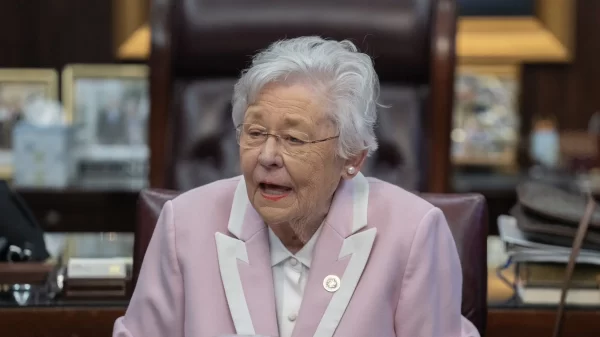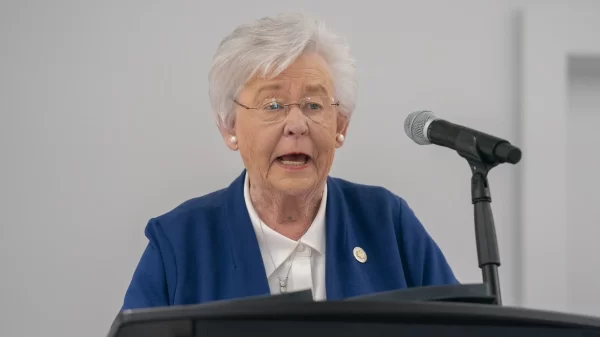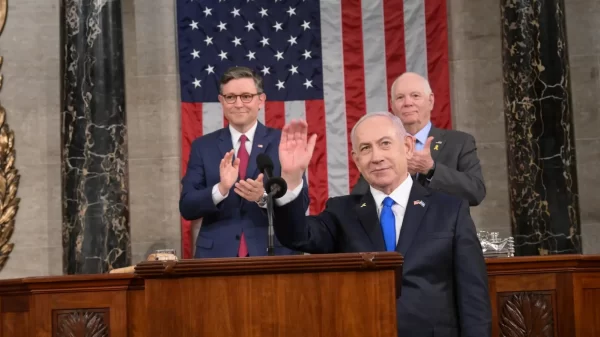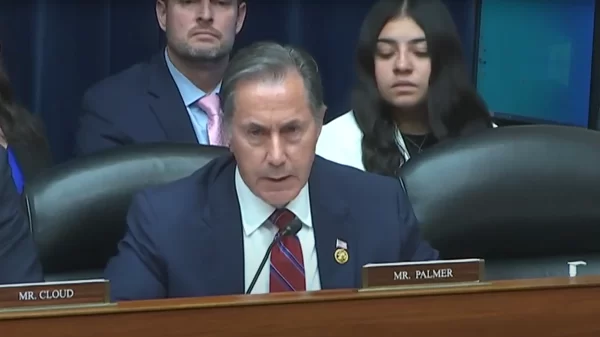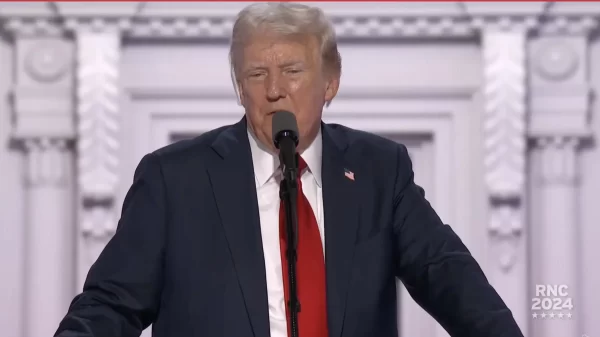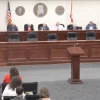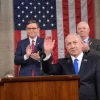By Brandon Moseley
Alabama Political Reporter
Wednesday, December 2, the US House of Representatives approved a final bill, the Every Student Succeeds Act, that reduces the federal footprint in education and replaces the controversial No Child Left Behind Act of 2002. US Representatives Martha Roby (R-Montgomery) and Bradley Byrne (R-Montrose) both released statements supporting the legislation.
Congresswoman Roby said in a statement, “This is a big win for parents, teachers, administrators and anyone who has been frustrated by the federal intrusion in education policy. It isn’t just important for the current issues we know about. It’s also important for the next pet policy the Secretary of Education favors. Maybe that’s next year or five years from now, but I want to take away their ability to improperly coerce states once and for all, and that’s what my language does.”
Congressman Byrne said, “For too long, our nation’s education system has failed under a heavy, top-down system of mandates and requirements set by Washington bureaucrats and special interest groups. The Every Student Succeeds Act changes that by getting Washington out of the way and empowering our local teachers, principals, and administrators.”
Rep. Roby said, “The final bill replacing “No Child Left Behind” does include our language strictly prohibiting the federal Department of Education from using funding grants, rule waivers or other means to coerce states into adopting their “pet” policies, standards or curricula. You may remember I originally introduced a standalone bill doing this two-and-a-half years ago. This is a big win for parents, teachers, administrators and anyone who believes in local control of education and has been frustrated by the federal intrusion in education policy.”
Congressman Byrne said that the Every Student Succeeds Act includes provisions to prevent the Secretary of Education from coercing states into adopting Common Core.
Byrne said: “This bill expressly prohibits the Secretary of Education from influencing or coercing states into adopting Common Core. The bill makes clear that it is solely a state’s responsibility to set academic standards and assessments. These restrictions on the federal Secretary of Education are unprecedented and will end the Secretary’s ability to influence education policy through executive fiat and conditional waivers.”
Some conservatives fought against the bill arguing that it didn’t go far enough.
Rep. Roby said, “I strongly believe in local control of education. Since coming to Congress, I’ve worked to replace “No Child Left Behind” with policies that return decision-making back to states and local communities where it should be. That’s the intent of the Student Success Act.” “I have fought for two-and-a-half years to build support for this idea, and now that strong language has a real chance of becoming law.”
Speaker of the House Paul Ryan (R-Wisconsin) said, “The path to success starts with a great education, and we are committed to making sure every student has the opportunity to succeed. This bipartisan bill will reduce the federal government’s role in K-12 education, prevent Washington bureaucrats from promoting one-size-fits-all programs like Common Core, and empower states to set their own academic standards. If enacted, it would mark the first major educational overhaul since 2002. I commend Chairman Kline for his leadership in steering these reforms through committee and the Congress.”
The legislation is supported by the National Parent Teacher Association, National School Boards Association, the School Superintendents Association, the National Governor’s Association, the National Conference of State Legislatures, the Council for American Private Education, the Business Roundtable, the US Chamber of Commerce, and many other organizations.
The bill: repeals the one-size-fits-all federal accountability system known as “Adequate Yearly Progress;” prohibits the secretary of education from dictating national education policy; repeals 49 federal education programs; allows states and school districts to set their academic standards and testing requirements; removes the “highly qualified teacher” burden; preserves the right of states to opt-out of federal education programs; prevents any federal interference in private or home schools; and strengthens charter school and magnet school programs to offer greater school choice.
Both Houses of Congress approved their own versions of ESSA. This is the Conference Committee version. It passed the House 359 to 64. It now goes to the US Senate.







